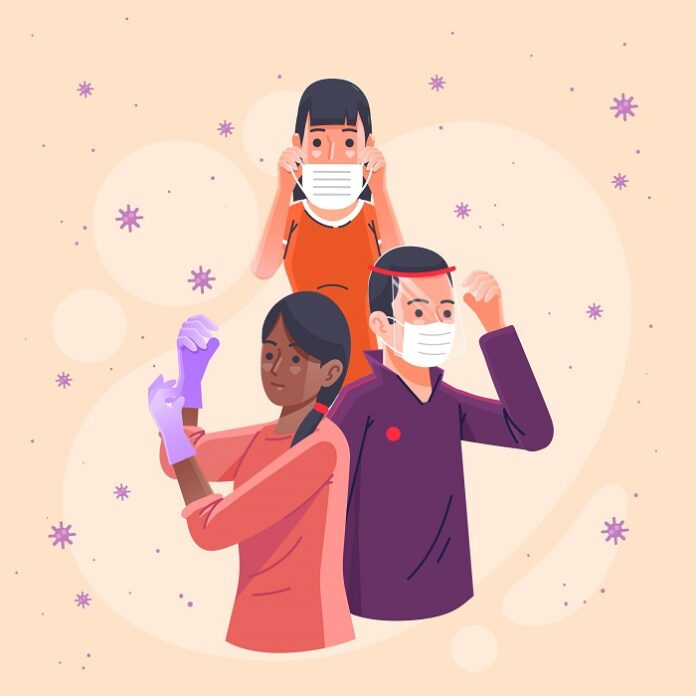India’s Resilient Approach to Future Pandemics
Union Health and Family Welfare Minister JP Nadda assured the Rajya Sabha on Tuesday that India has a strong system in place to handle future pandemics and public health emergencies. Responding to supplementary questions, Nadda highlighted the significant steps taken over the past decade to enhance India’s health infrastructure, particularly in the wake of the COVID-19 pandemic.
National Surveillance and Response System
Nadda credited India’s success to the leadership of Prime Minister Narendra Modi, stating that the country has established a robust mechanism to combat pandemics. The National Center for Disease Control (NCDC) plays a crucial role in disease surveillance and monitoring emerging pathogens and virus mutations.
Under the NCDC, India operates an integrated disease surveillance program, providing a nationwide platform for tracking diseases. The system includes Rapid Response Teams (RRTs) deployed at the state level and decentralized multidisciplinary teams responsible for health control and containment efforts. Additionally, the integrated health information platform enables real-time reporting and advanced data analysis, ensuring a proactive response to potential health threats.
Advanced Research and Diagnostic Capabilities
India has significantly strengthened its research and diagnostic capabilities. The Indian Council for Medical Research (ICMR) manages 150 laboratories across the country, including viral research and diagnostic laboratories. The National Institute of Virology in Pune, a world-class research facility, plays a pivotal role in identifying virus mutations and determining suitable treatments.
Nadda emphasized that these laboratories confirm mutations and assess the necessary medical responses to emerging diseases, ensuring rapid and effective interventions.
National One Health Mission
Taking a step further, Prime Minister Modi launched the National One Health Mission to address diseases emerging from environmental and agricultural changes. Nadda explained that several factors, including pesticide use, environmental shifts, plant mutations, and medicines given to animals, contribute to new health risks. The National One Health Mission integrates research and policy efforts to understand and mitigate these interconnected health threats.
A Global Responsibility
In a written response, Nadda highlighted that pandemic prevention and preparedness are shared global responsibilities. To strengthen India’s readiness for future health crises, the Ministry of Health continues to support states and Union Territories by enhancing their healthcare capabilities.
India’s proactive approach, backed by strong leadership and advanced medical infrastructure, ensures a well-prepared response to future pandemics, reinforcing the country’s position as a global leader in public health security.























